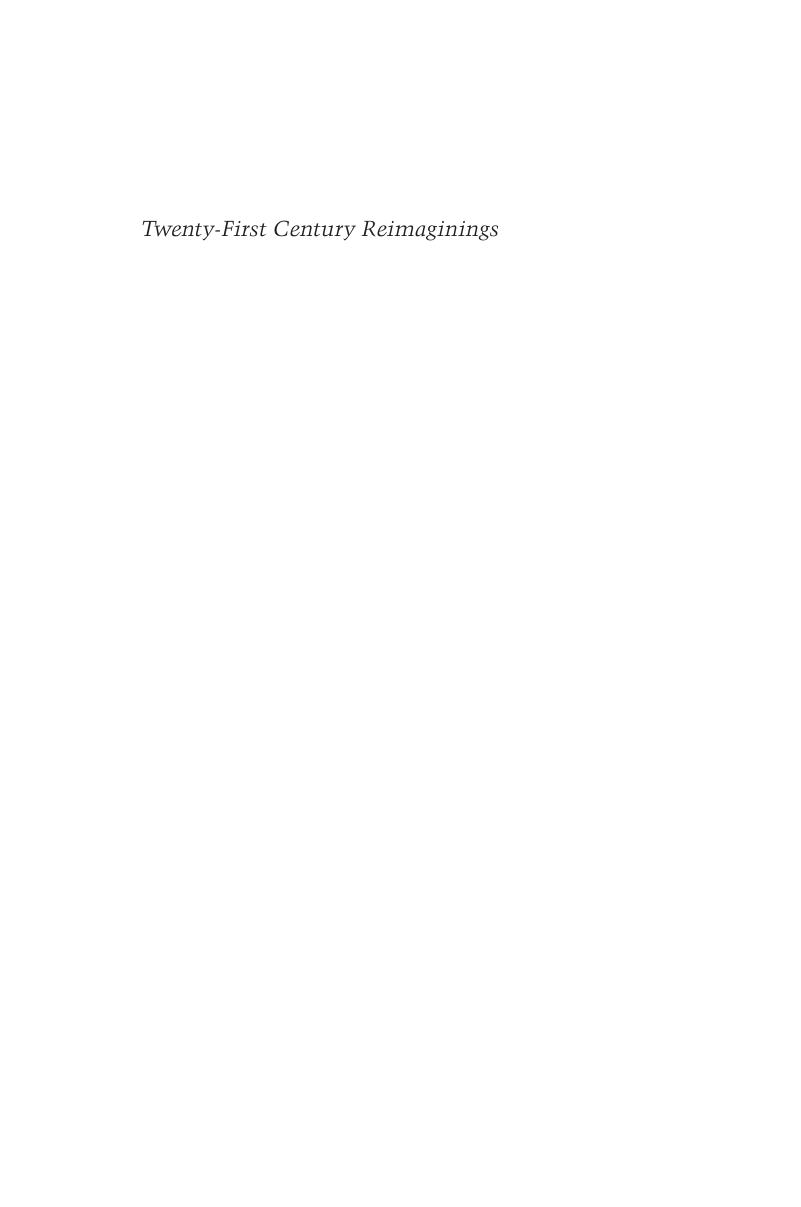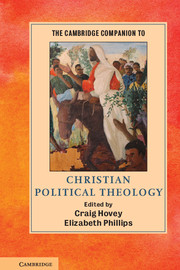Book contents
- The Cambridge Companion to CHRISTIAN POLITICAL THEOLOGY
- Cambridge Companions to Religion
- CHRISTIAN POLITICAL THEOLOGY
- Copyright page
- Contents
- Notes on Contributors
- Preface
- Part I The Shape of Contemporary Political Theology
- Mid-Twentieth Century Origins of the Contemporary Discipline
- Political Theology and Related Discourses
- Twenty-First Century Reimaginings
- Part II Contemporary Questions in Political Theology
- Index
- References
Twenty-First Century Reimaginings
from Part I - The Shape of Contemporary Political Theology
Published online by Cambridge University Press: 05 December 2015
- The Cambridge Companion to CHRISTIAN POLITICAL THEOLOGY
- Cambridge Companions to Religion
- CHRISTIAN POLITICAL THEOLOGY
- Copyright page
- Contents
- Notes on Contributors
- Preface
- Part I The Shape of Contemporary Political Theology
- Mid-Twentieth Century Origins of the Contemporary Discipline
- Political Theology and Related Discourses
- Twenty-First Century Reimaginings
- Part II Contemporary Questions in Political Theology
- Index
- References
Summary

- Type
- Chapter
- Information
- Publisher: Cambridge University PressPrint publication year: 2015



